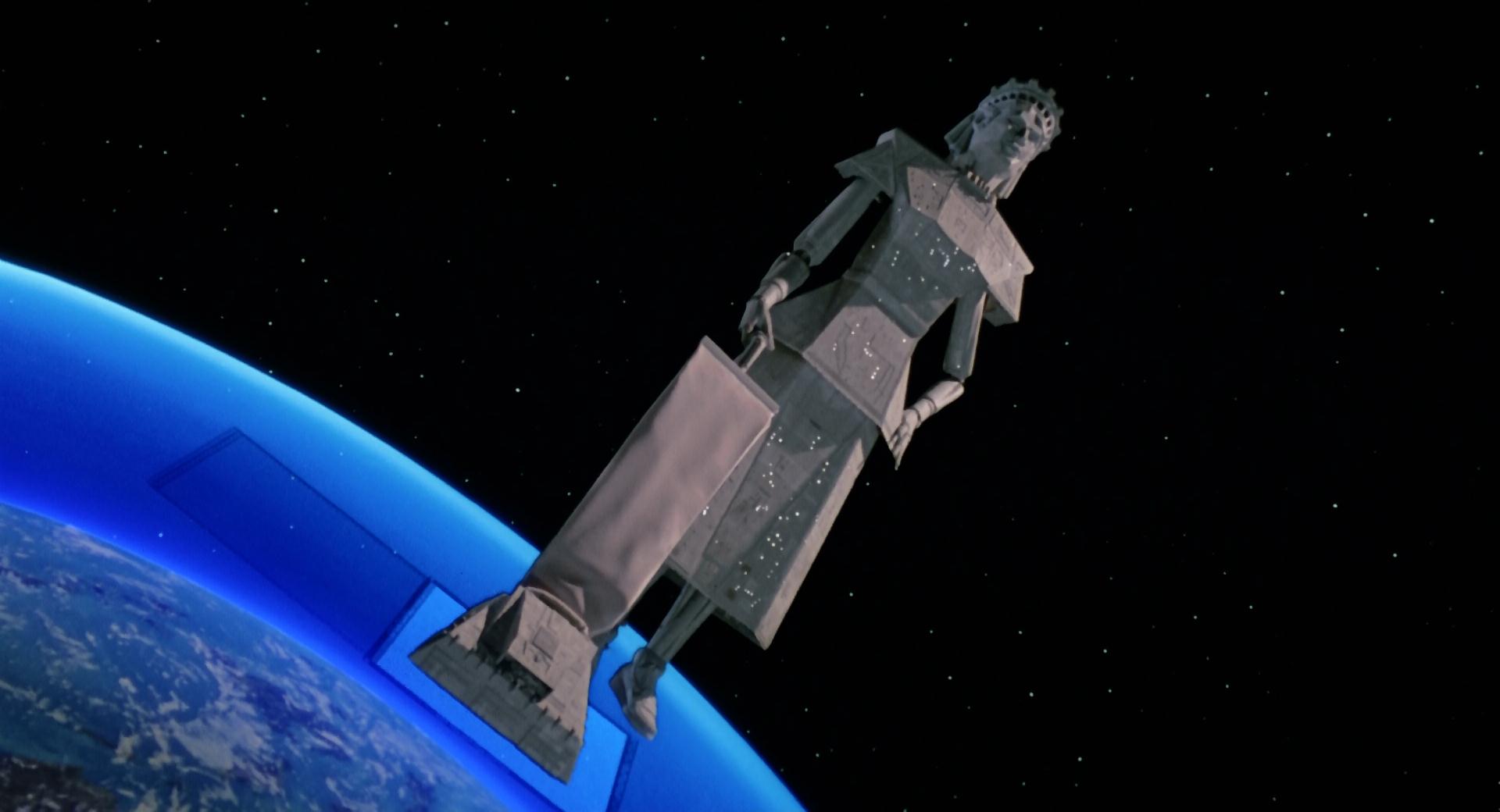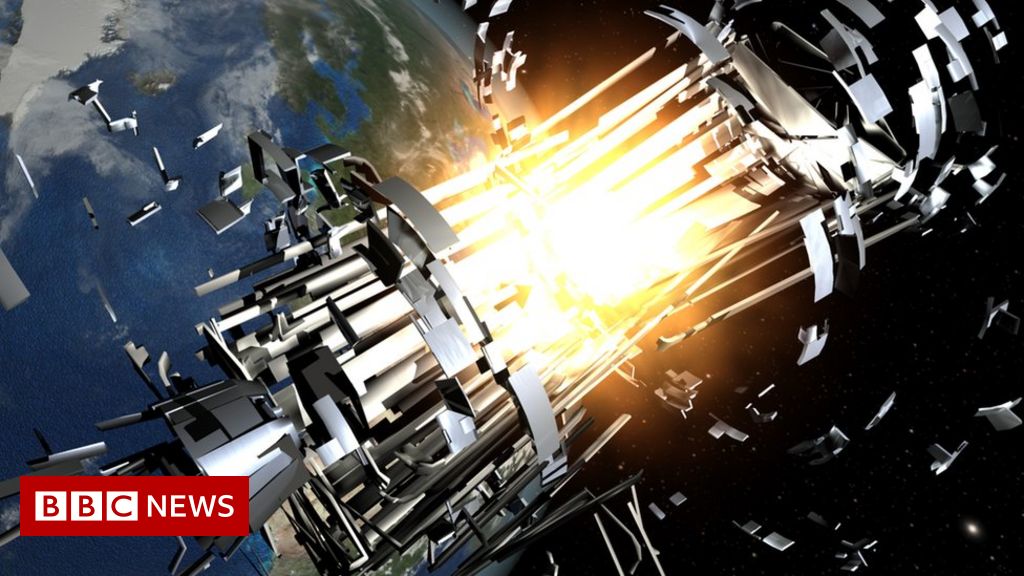Mofra
Moderator
- Dec 6, 2005
- 67,107
- 198,408
- AFL Club
- Western Bulldogs
- Other Teams
- Footscray, Coney Island Warriors
- Moderator
- #1
I've been fascinated by the 'space race' since childhood and with the proliferation of nanosatellites (and investment in a nanosatellite communications company) interest certainly has not waned.
The proliferation and launch schedules of smaller satellites have led to the very real issue of space junk causing collisions that result in more space junk that result in more collisions that result in... you get the idea.
It's amazing to consider that already there are multiple collisions daily with tiny fragments of space debris, as shown by this panel from the Hubble space telescope:

From article: https://www.businessinsider.com.au/...space-could-end-in-disaster-for-us-all-2017-6
Has anyone else looked at this in detail or have more interesting articles on the Kessler Syndrome?
The proliferation and launch schedules of smaller satellites have led to the very real issue of space junk causing collisions that result in more space junk that result in more collisions that result in... you get the idea.
It's amazing to consider that already there are multiple collisions daily with tiny fragments of space debris, as shown by this panel from the Hubble space telescope:

From article: https://www.businessinsider.com.au/...space-could-end-in-disaster-for-us-all-2017-6
Has anyone else looked at this in detail or have more interesting articles on the Kessler Syndrome?










